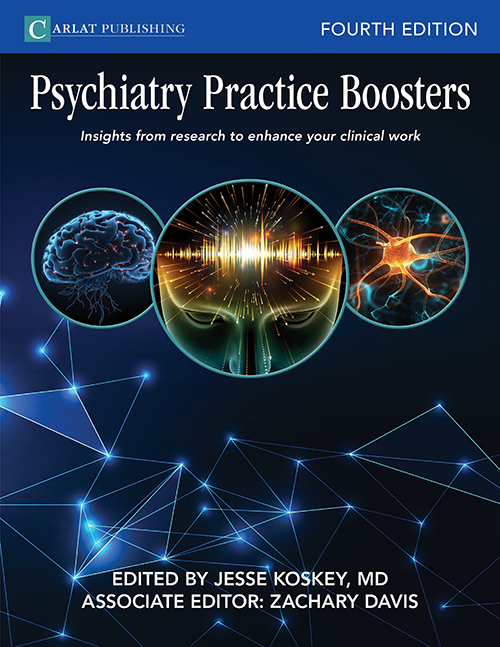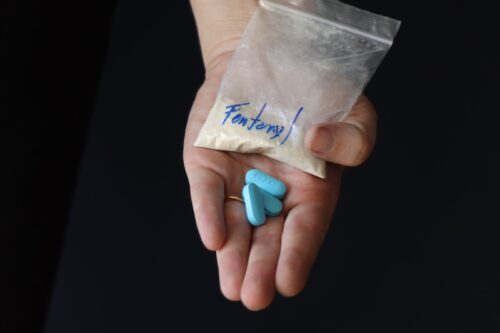SSRIs May Work More Quickly in Pediatric OCD Than You Realize
Review of: Varigonda A et al. Journal of the American Academy of Child & Adolescent Psychiatry 2016; ahead of publication.
STUDY TYPE: Systematic literature review and meta-analysis
The pharmacological treatment of obsessive-compulsive disorder (OCD) for adults is pretty well worked out. Selective serotonin reuptake inhibitors (SSRIs) are the gold-standard treatment. We have multiple randomized, placebo-controlled trials to back this up. However, we know less about medication treatment of OCD for children.
In a prior research update, we reported that SRIs and CBT are the treatments of choice for pediatric OCD (CCPR, March 2015). For this meta-analysis, researchers dug deeply into the SRI literature to answer five practical questions about the pharmacological treatment of childhood OCD: 1) How quickly do SSRIs work; 2) Are higher doses of SSRIs more effective; 3) Is one SSRI better than another; 4) Are SSRIs better than clomipramine; and 5) Are there differences between the response of children and adults to SSRIs?
To answer these questions, PubMed was mined for randomized controlled trials that compared SSRIs or clomipramine to placebo and used the Children’s Yale-Brown Obsessive-Compulsive Scale as an outcome measure. Trials had to be double-blinded, and participants could not have received behavioral therapy while engaged in pharmacotherapy. Nine studies totaling 801 children were analyzed.
Results
Eighty-five percent of the improvement on SSRIs occurred within the first two weeks and topped out at around week 6. Maximum dosing of SSRIs revealed no therapeutic benefit over lower doses. There were no differences between the effectiveness of fluoxetine, fluvoxamine, sertraline, and paroxetine. Clomipramine was statistically better than SSRIs. And there were no significant differences between the level of response to SSRIs in children and adults.
CCPR’s Take
This meta-analysis reveals some important information about treating pediatric OCD. Most notable is the relatively rapid onset of therapeutic benefit. This challenges the notion that we must wait several weeks to determine efficacy. Other findings, however, are suspect. For example, the lack of a dosing effect may be a result of limited pediatric trials with insufficient participants to adequately compare fixed doses. And, even though clomipramine fared better than the SSRIs, this could easily be because it was the first OCD medication on the market and hasn’t been put through the wringer with treatment-resistant cases, as the SSRIs have been. Also, the relative increased side effect profile of clomipramine must be balanced against possible increased benefits.
Practice implications
The biggest clinical takeaway is that you should be looking for improvements in your OCD pediatric patients earlier than you may previously have planned.
Newsletters
Please see our Terms and Conditions, Privacy Policy, Subscription Agreement, Use of Cookies, and Hardware/Software Requirements to view our website.
© 2025 Carlat Publishing, LLC and Affiliates, All Rights Reserved.


_-The-Breakthrough-Antipsychotic-That-Could-Change-Everything.jpg?1729528747)



